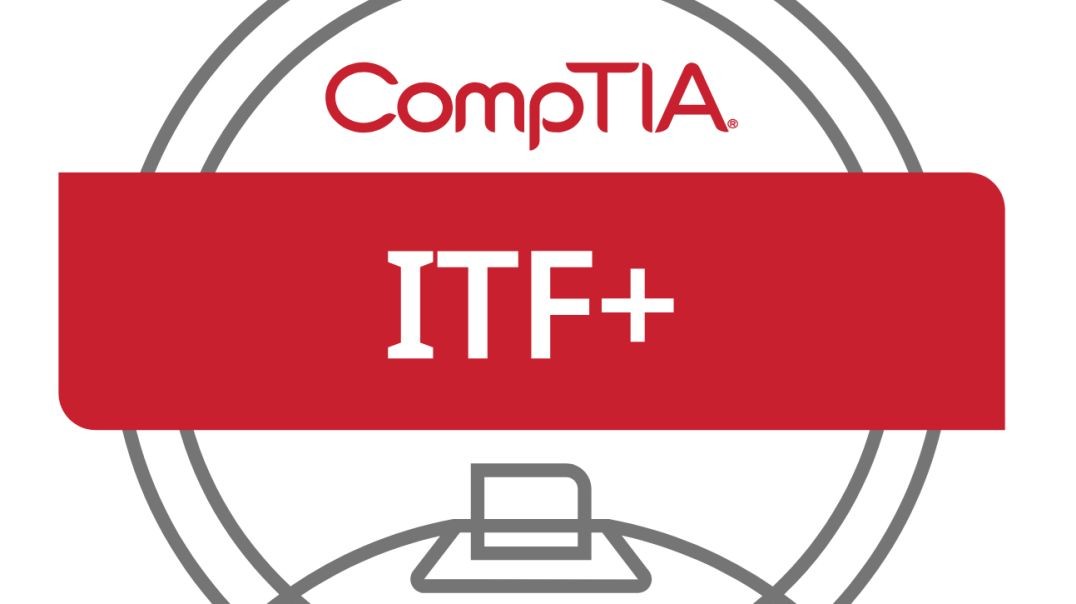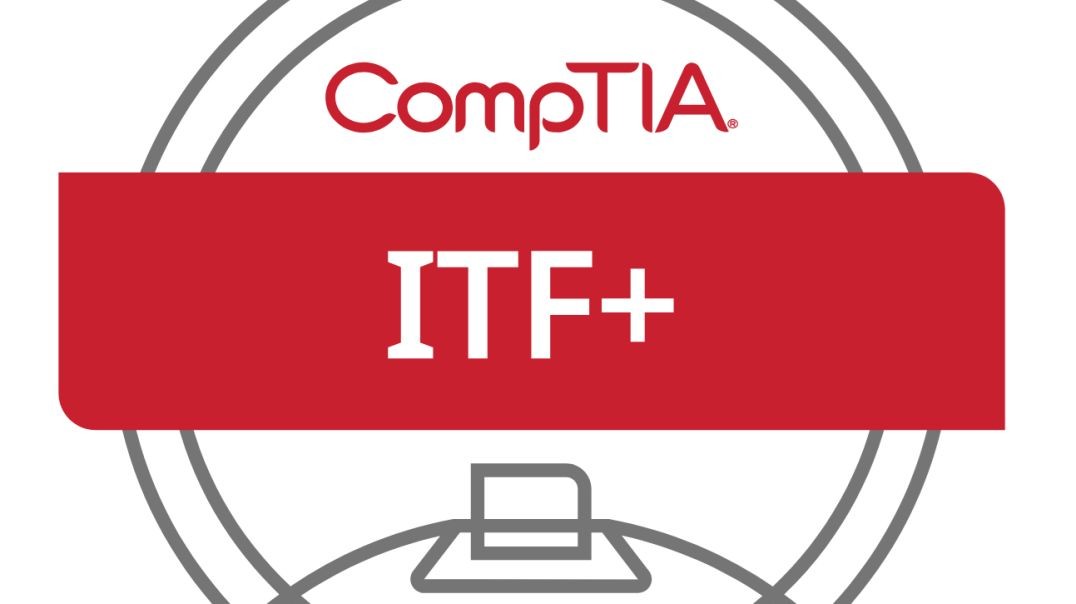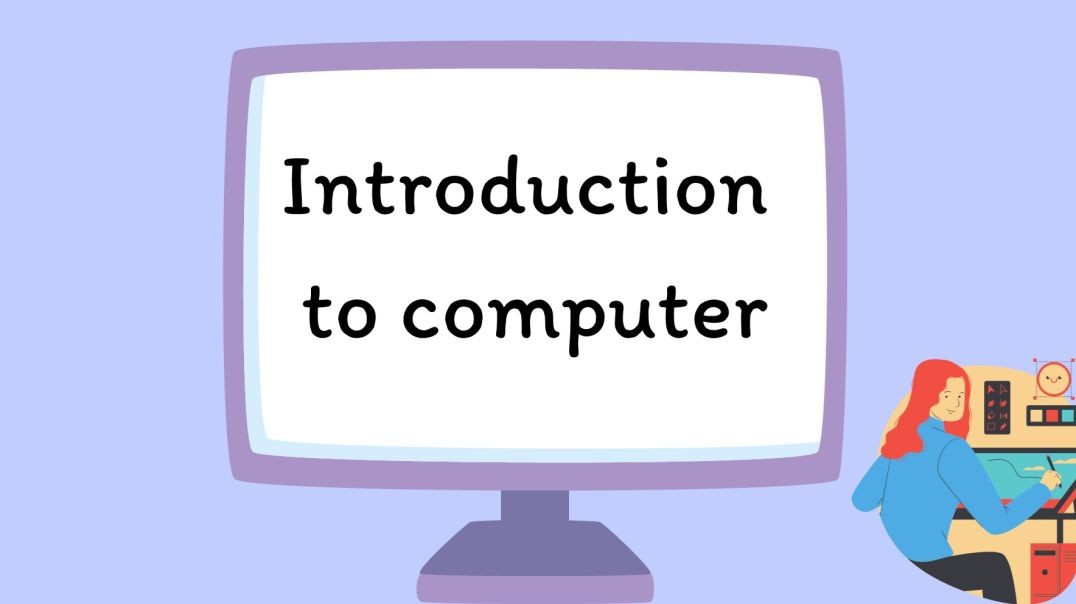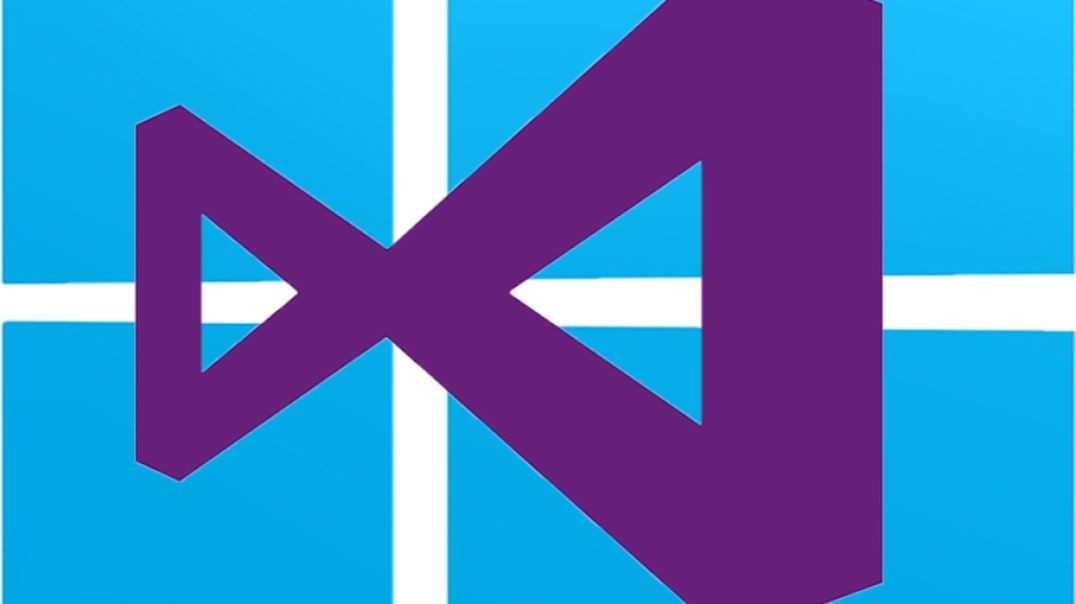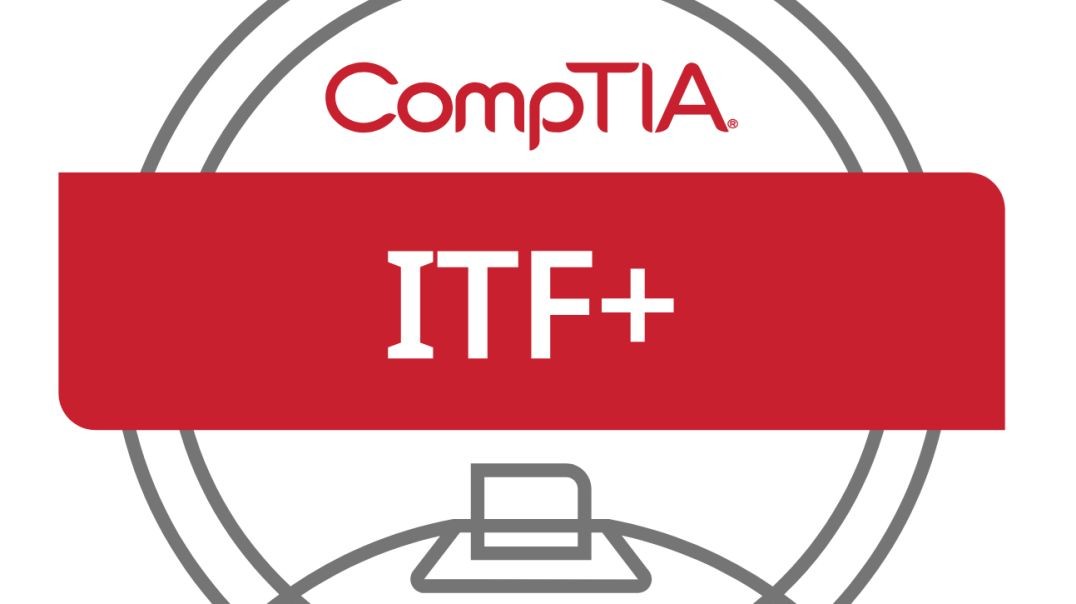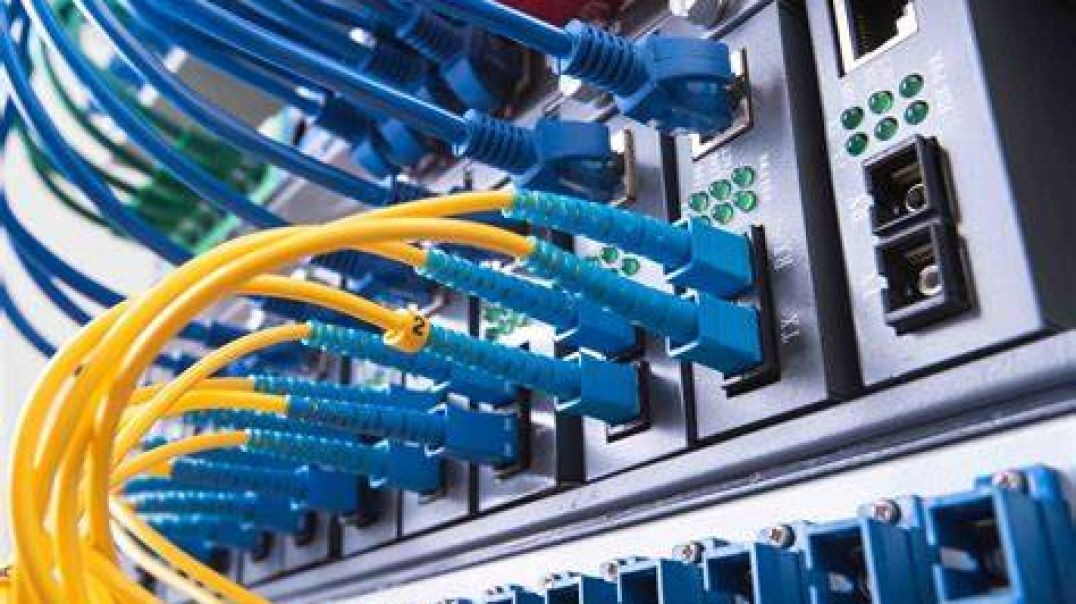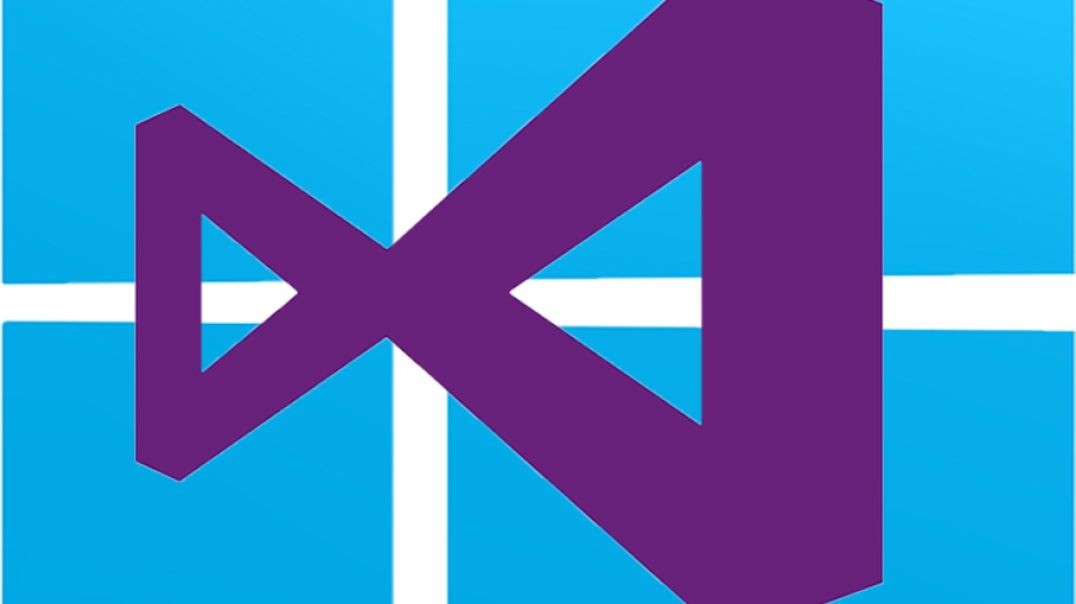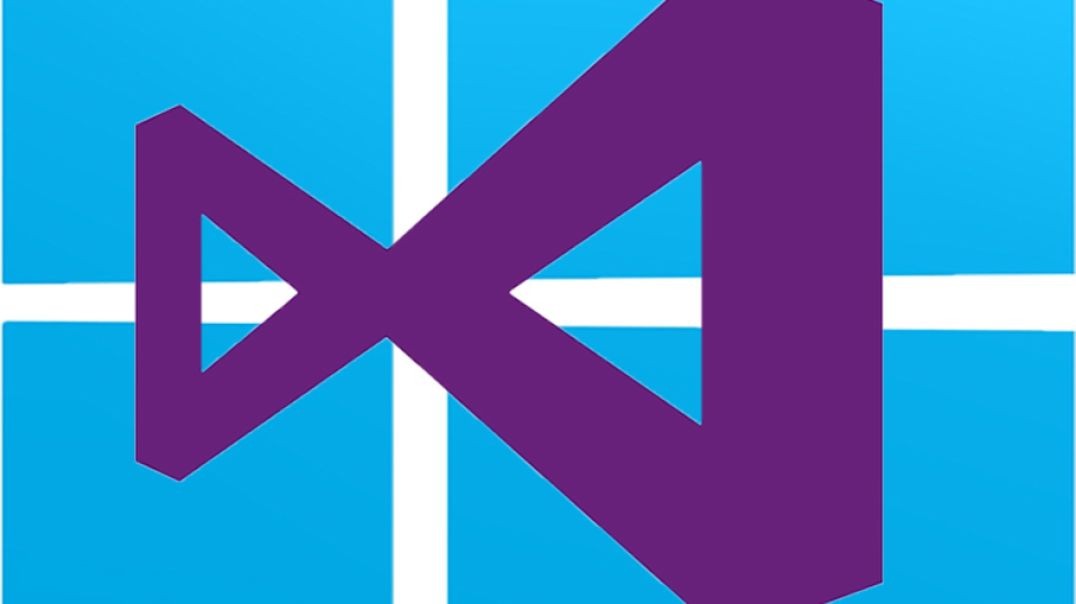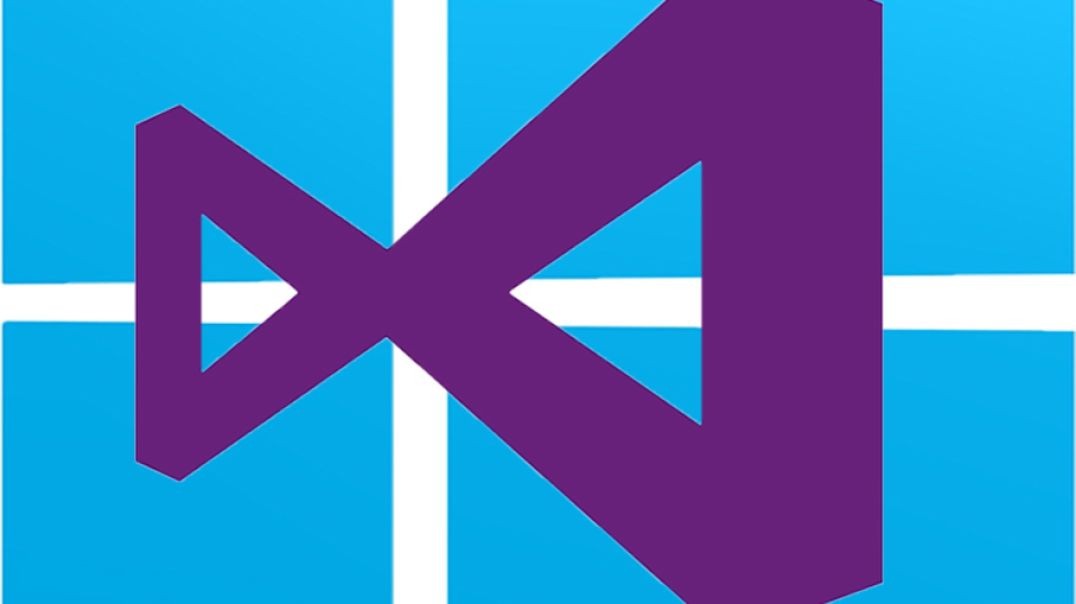Top videos
CompTIA IT Fundamentals+ Course | Module 11 Part 1: File Systems and Features
CompTIA IT Fundamentals+ Course | Module 1 Part 2: Exam Tips
CompTIA IT Fundamentals+ Course | Module 14 Part 6: Establishing a Plan of Action
Get an engaging introduction to ancient Japanese myths, collectively known as Shintō ("Way of the Gods"). Focusing on the oldest written compilation of Japanese oral tradition, the Kojiki, you'll examine fascinating stories about gods and heroes, the origins of the universe, the Rock Cave of Heaven, rival clans, and more.
Module 8 Part 5: Preparing for the Future
Part 06 of C# .net Bootcamp
In this lesson, you are going to learn about how to begin developing a computer program in .net platform using Microsoft Visual Studio Code, especially when you are MacOS or Linux user.
CompTIA IT Fundamentals+ Course | Module 5 Part 2: Motherboard
OSN-K Informatika 2024
Part 08 of Computer Networking Fundamentals: Network Topologies
Network Topology
At the end of this episode, I will be able to:
- Compare and contrast network topologies.
Learner Objective: Compare and contrast network topologies.
Description: In this episode, the learner will explore different network topologies such as bus, ring, star, mesh and hybrid network topologies.
- Introduction to Network Infrastructure
- Network Topology - This defines the arrangement of network elements such as nodes, connectivity devices, connections and how these relate to one another as well as the flow of the data. There are two way to depict topologies, physical and logical.
- Physical topology - describes the tangible arrangement and aspects of the network elements.
- Logical topology - describes the flow of the data across a network's elements.
- Types
- Bus - a topology in which all devices on the network are connected to a central network media (bus) such as coaxial cabling. This type of topology has been phased out due to performance and scalability issues.
- Ring - a topology in which all devices are connected to a network media with and upstream and downstream "neighbor" forming a circle. In LAN-based communications, ring-based topologies have been phased out (Token Ring, Fiber Distributed Data Interface or FDDI), however in WAN-based technologies they are still used (SONET).
- Star - a common topology in modern networks in which all devices are connected to a centralized device forming a star pattern.
- Mesh - a complex network topology in which all devices have multiple connections to every other device. This topology is very resilient to connection failures.
- Hybrid - a topology that combines characteristics of more than one of the other topologies.
- Network Topology - This defines the arrangement of network elements such as nodes, connectivity devices, connections and how these relate to one another as well as the flow of the data. There are two way to depict topologies, physical and logical.
OSN-K Informatika 2024
Part 44 of C# .NET Bootcamp: Defining a constant value using const Keyword
The word scientist" wasn't invented until the 19th century, but we would nonetheless apply the word to the many scientific thinkers of the Golden Age. Here, you'll witness the process of experimentation that was the start of the scientific method, and you'll see how scientists of the time advanced the field of chemistry."
CompTIA IT Fundamentals+ Course | Module 16 Part 7: Relational Methods
Part 30 of C# .NET Bootcamp: Introduction to Object-Oriented Programming
In this lesson, you will learn about Object-Oriented Programming and several concepts related to it.
OSN-K Informatika 2024
What makes 1989 the turning point for contemporary Japan? Explore four pivotal moments from that year whose repercussions are still being felt in the Japan of the 21st century: the death of Hirohito, China's Tiananmen Square Massacre, the bursting of the Japanese real estate bubble, and a dramatic stock market crash.
Part 49 of C# .NET Bootcamp: Passing Value-type Parameter in C#
CompTIA IT Fundamentals+ Course | Module 11 Part 6: Folders and Directories
